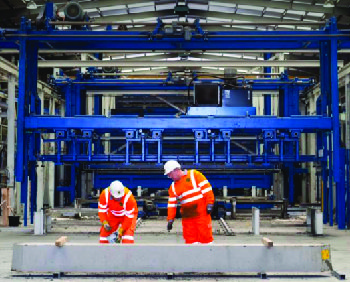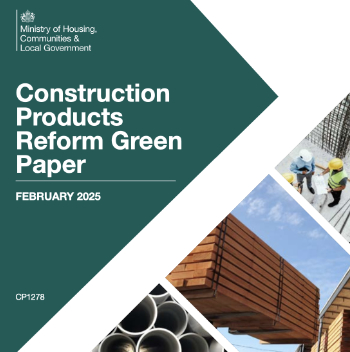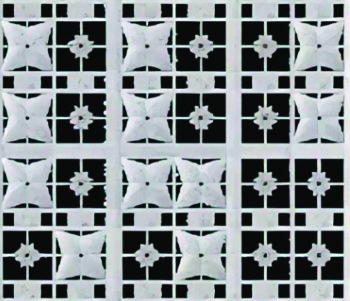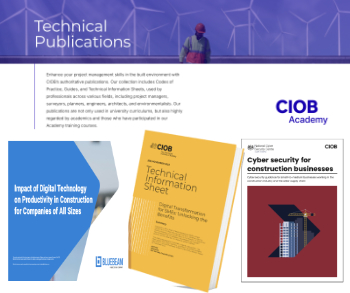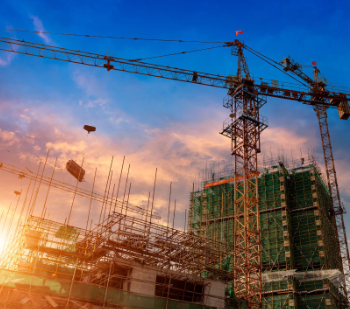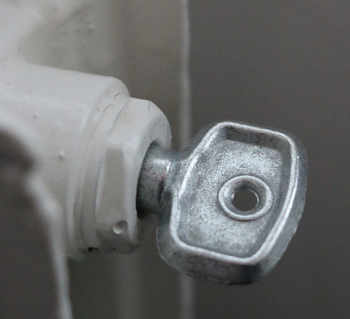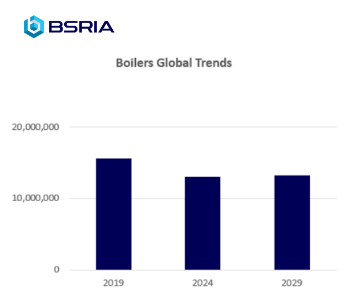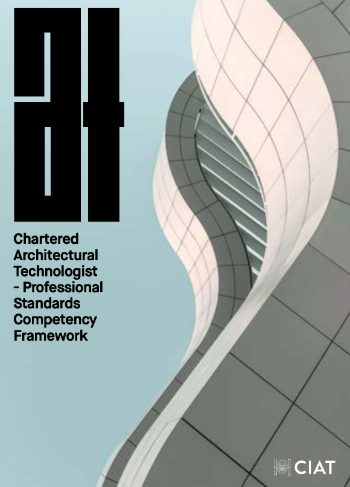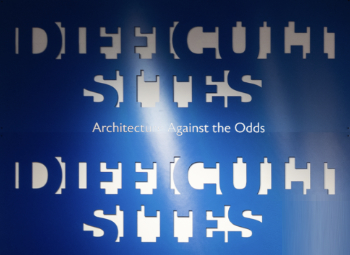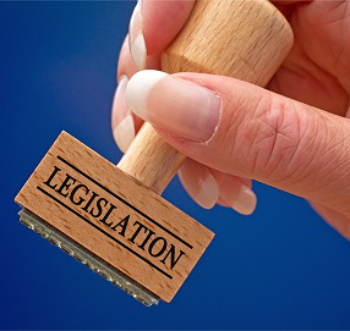Property chain
The term ‘property chain’, sometimes referred to as a housing or real estate chain, describes a sequence of homebuyers and sellers whose transactions are dependent on one another.
Each member of the chain is both selling and buying a property, other than those at the beginning, who are only buying, and those at the end, who are only selling. There can many people involved in a property chain, each with an estate agent, solicitor, surveyor, mortgage lender, and so on.
Property chains develop because a homebuyer will generally need to sell their current home in order to finance the purchase of a new home. The seller of the home they are buying will generally require the sale to finance their own new house purchase, and so on.
A property chain can be a slow and complicated process and can frequently collapse. If one particular party is delaying the process, it will impact upon the entire chain, therefore, the chain will only progress at the pace of the slowest link. It is the responsibility of the respective solicitors to ensure that the chain progresses towards its conclusion.
Some of the variables that can result in a chain collapsing include:
- One of the buyers or sellers in the chain decides not to move.
- One of the buyers or sellers has a change of circumstances.
- One of the buyers is blocked from obtaining a mortgage.
- A property survey reveals problems.
- A conveyancer takes too long to complete the necessary paperwork.
- One of the partie’s fails to sign required documents on time.
Some property chains can be much easier than others:
- If a seller has several offers to choose from they may opt for the buyer who is not in a chain trying to sell their existing home (e.g. a first-time buyer or a cash buyer).
- A new-build home is often purchased directly from a developer so does not have an upward chain.
- There may be no upward chain if a seller is selling a home that is empty.
- If one or more parties are flexible and do not require a new house to be purchased before being able to sell their existing home (for exampe if they pan to rent).
A common phrase relating to property chains is ‘no upward chain’, which means that the seller is not waiting to complete a purchase for a new home. However, there may still be a chain below them.
The phrase ‘chain-free’ means that neither buyer nor seller are waiting for another transaction to be completed. This most commonly applies to the process that exists between a first-time buyer and a new-build developer.
[edit] Related articles on Designing Buildings
Featured articles and news
50th Golden anniversary ECA Edmundson apprentice award
Deadline for submissions Friday 30 May 2025.
The benefits of precast, off-site foundation systems
Top ten benefits of this notable innovation.
Encouraging individuals to take action saving water at home, work, and in their communities.
Takes a community to support mental health and wellbeing
The why of becoming a Mental Health Instructor explained.
Mental health awareness week 13-18 May
The theme is communities, they can provide a sense of belonging, safety, support in hard times, and a sense purpose.
Mental health support on the rise but workers still struggling
CIOB Understanding Mental Health in the Built Environment 2025 shows.
Design and construction material libraries
Material, sample, product or detail libraries a key component of any architectural design practice.
Construction Products Reform Green Paper and Consultation
Still time to respond as consultation closes on 21 May 2025.
Resilient façade systems for smog reduction in Shanghai
A technical approach using computer simulation and analysis of solar radiation, wind patterns, and ventilation.
Digital technology, transformation and cybersecurity
Supporting SMEs through Digitalisation in Construction.
Villa Wolf in Gubin, history and reconstruction. Book review.
Construction contract awards down one billion pounds
Decline over the past two months compared to the same period last year, follows the positive start to the year.
Editor's broadbrush view on forms of electrical heating in context.
The pace of heating change; BSRIA market intelligence
Electric Dreams, Boiler Realities.
New President of ECA announced
Ruth Devine MBE becomes the 112th President of the Electrical Contractors Association.
New CIAT Professional Standards Competency Framework
Supercedes the 2019 Professional Standards Framework from 1 May 2025.
Difficult Sites: Architecture Against the Odds
Free exhibition at the RIBA Architecture Gallery until 31 May.
PPN 021: Payment Spot Checks in Public Sub-Contracts
Published following consultation and influence from ECA.








